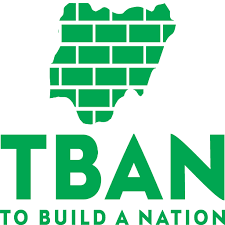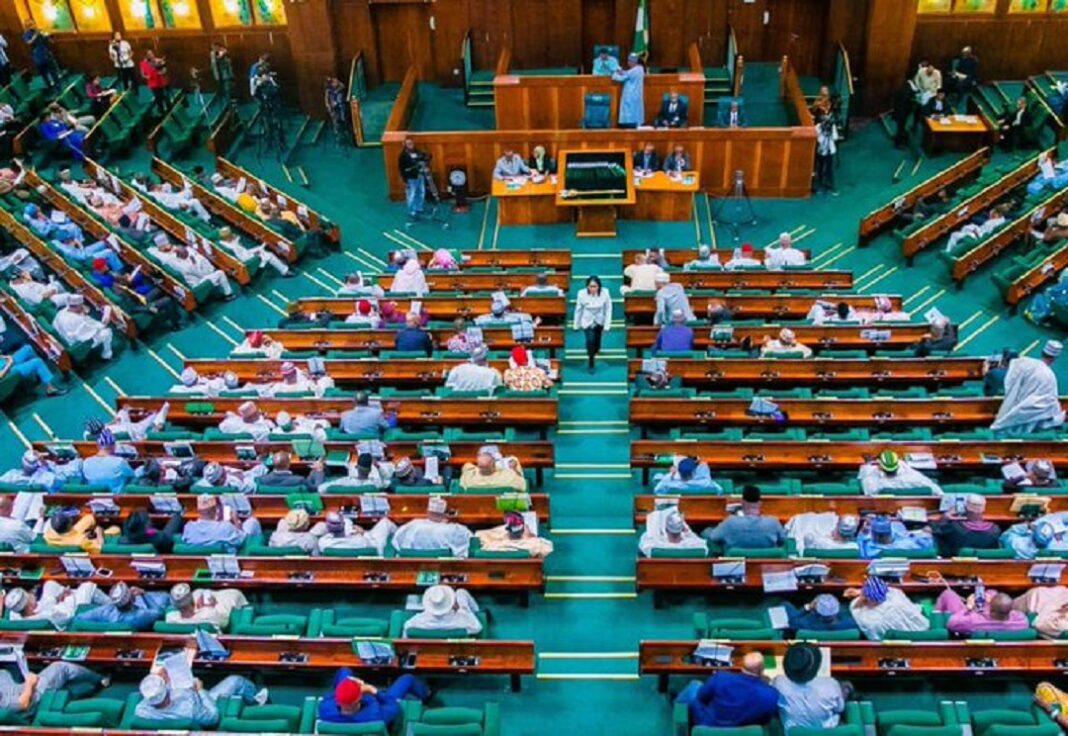A Press Statement by TBAN
Lagos, Nigeria, February 19, 2021 – There is broad consensus for electoral reform in Nigeria. Key stakeholder groups, including the National Assembly, Independent National Electoral Commission (INEC), civil society organisations (CSOs), and Nigerians in diaspora are either working on, or pushing for, functional changes to make Nigeria’s elections more credible, participatory, efficient, and serve as a framework for strengthening the country’s democracy rather than for undermining it – as it mostly remains the case.
By some accounts, a new electoral law to serve these objectives, and more, is nearly a done deal. Even if this is the case, it is necessary to keep providing the policymakers with the support they need while also ratcheting up public advocacy until a new electoral act is passed by the legislature and assented to by the President.
Time is also of the essence, too. At To Build A Nation (TBAN), we advocate for the new legislation to be in place by the end of the first half of 2021. This would enable the implementation of applicable new provisions of the law to be piloted in the Anambra State gubernatorial election in November this year, and in the off-main-cycle elections that would hold prior to the 2023 general election.
TBAN supports the proposed broad amendments, including to effectively regulate campaign financing, punish electoral offenders, and make INEC financially independent. However, two reform agenda are at the core of our advocacy. One is direct electronic transmission of results from the polling units (PUs) to INEC’s computer server at its central collation centre. The other is diaspora voting.
We acknowledge that, like in many other countries, some aspects of Nigeria’s electoral processes are already electronic. For example, voter registration has changed from manual to electronic, including the collection of biometric information of voters. Voter accreditation is also done electronically. The critical missing part in the electronic processes is electronic transmission of results. This retains the vulnerabilities to delays in the transmission of election results, falsification of the results, and physical and arsonist attacks on the manual collation centres across the country by sponsored thugs.
The technologies for electronic transmission of results from the PUs around the country is affordable and easily implemented. They sidestep the concern of lack of education by a large part of the electorate, infrastructural deficiencies, lack of electricity power, and high costs of acquisition of voting machines and their deployment. Indeed, election results can be transmitted to INEC’s server using an app on mobile phones by INEC’s returning officers. It can be that simple, yet electronic transmission of results would be a real game-changer, helping to eliminate the aforementioned vulnerabilities of manual collation and transmission of election results.
We assert that diaspora voting in Nigeria’s election is also an imperative, for a number of reasons. First, the clear disenfranchisement of up to 16 million Nigerians living abroad makes the country’s election one of the most exclusionary in the world. That number is higher than the population of longstanding world’s democracies, including Greece.
Second, Nigeria needs new voting blocs that are not amenable to vote-buying. Vote buying is not only providing empirical evidence that the country’s democracy is deliberately skewed to impoverish the people so that established politicians can weaponise the mass poverty to their electoral advantage, it is also fuelling voter apathy. Nigerian diaspora, and definitely the middle class – which has all but disengaged from the democratic process – constitute important voting blocs.
Third, Nigerians in diaspora have for decades been making key contributions to the domestic economy through remittances. Money sent to the country through the formal remittance channels by Nigerian citizens living abroad, estimated at over $20 billion annually, rivals the national budget, contributing to poverty alleviation in the country. Recently, the federal government has also issued diaspora bonds to further harness the development financing power of fellow citizens living abroad. Indeed, a more recent policy musing has considered the introduction of diaspora taxation.
It remains axiomatic that there is no taxation without representation. But even until the possible introduction of diaspora taxation in Nigeria, the economic contributions the diaspora citizens have been making provide a good basis for their enfranchisement in the country’s election. The outlook of the country’s external earnings suggests increased dependence on diaspora financing for the economy.
We believe the anticipated electoral reform in Nigeria should be far-sighted and truly problem solving. The expected new electoral law is rightly seen as a last-ditch effort to save the country’s democracy. The reform should enable the election of more competent people into government to undertake the other key reforms, such as a constitutional restructuring of the country and building a just, equitable and productive economy.
It is important that Nigerian citizens should not relax in their demand for the necessary electoral reform. Our work is not done yet. After the new Electoral Bill has been passed, and signed into law by the President, citizens and groups should remain vigilant to ensure the law is implemented to the letters.
Signed
Jide Akintunde
Executive Director, TBAN
Joy Chianu
Head, TBAN Policy Research Committee
TBAN Policy Research Committee Members Who Developed This Statement
- Joy Chianu (Ontario, Canada)
- Dr. Uchenna Ilo (Glasgow, the UK)
- Dr. Gbenga Jaiyesimi (Sagamu, Nigeria)
- Udeme Etukeyen (Uyo, Nigeria)
- Temitope Alo (Abuja, Nigeria)
- Chimere Alim (Lagos, Nigeria)
- Bryant Ezeamama-Agubalu (Miami, USA)





